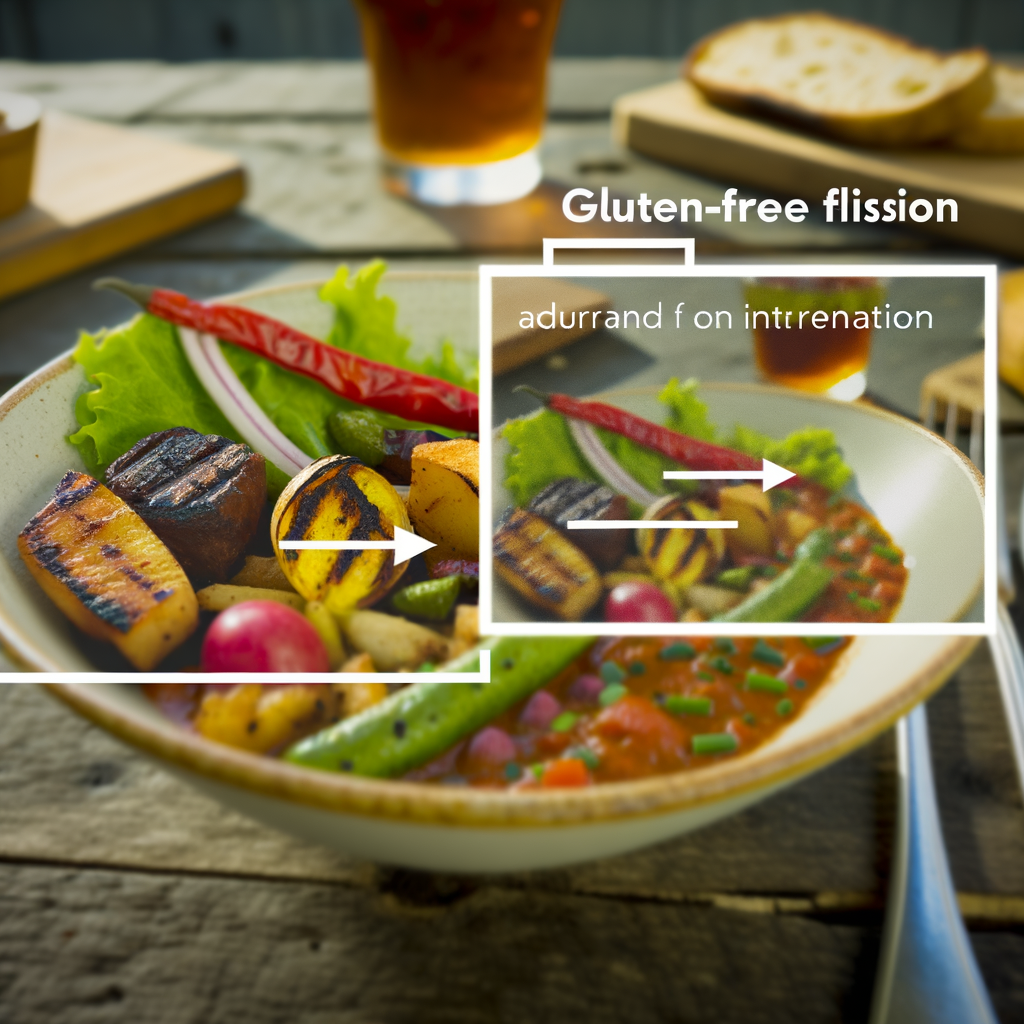Gluten-free diets have become increasingly popular in recent years, with more and more people opting to cut out gluten from their meals. But what exactly is gluten and why are so many people choosing to eliminate it from their diets?
Gluten is a protein found in grains such as wheat, barley, and rye. It gives dough its elasticity and helps bread rise. For most people, gluten is harmless and can even provide health benefits. However, for those with celiac disease or gluten sensitivity, consuming gluten can cause a range of negative symptoms, including bloating, diarrhea, and fatigue.
This has led to the rise of gluten-free products and restaurants catering to those with dietary restrictions. But for those who are not medically required to avoid gluten, is a gluten-free diet really necessary? The short answer is no. Cutting out gluten without a medical reason can actually be detrimental to your health. Gluten-free products are often highly processed and lack important nutrients found in whole grains.
If you do have celiac disease or gluten sensitivity, it’s important to read labels and avoid cross-contamination. However, if you don’t have any medical reason to go gluten-free, there’s no need to eliminate it from your diet. Instead, focus on incorporating a variety of whole grains and fresh fruits and vegetables into your meals.





